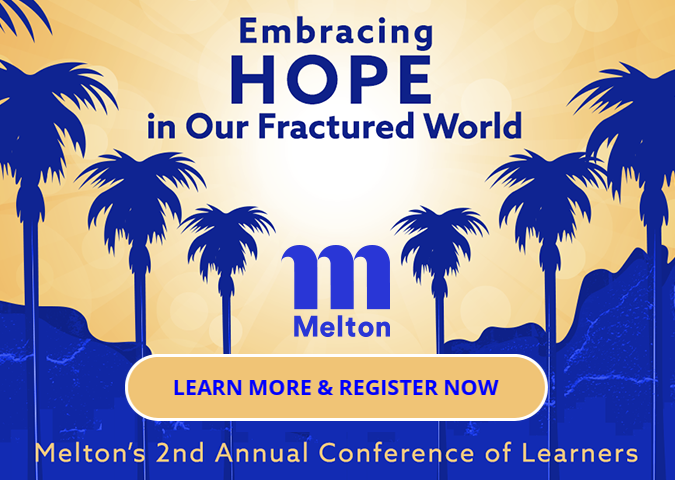Meet Beyond Borders' Dr. Joy Getnick
Growing up, I often heard about my great uncles who had been active in Zionist youth activities. They all made Aliyah, either in the late 1940s pre-State or soon thereafter, leaving my grandfather here to run the family business. I was fascinated by this wing of the family who lived so far away, and the stories of their deep passion for the Jewish People and the Jewish State. When I first traveled to Israel as a teen, I fell in love with the land for myself.I came home yearning to learn more.
I eventually pursued a PhD in History, with a partial focus on the history of the Conflict. The more I learned, the more I wanted to know, and the more I wanted to create opportunities for others in my Jewish community to join me in this pursuit. I felt that Melton was the right match for my dream – that we could create substantive, text-based learning with serious conversation – and that's been true. I'm thrilled to be teaching this material again and hope others find it as fascinating as I always have.
The course is written as a 20-week series. This Spring '21 offering will encompass the first half, through 1967. While certainly I encourage interested students to take the second half at a later date as well, I also feel strongly that the first ten lessons can well stand on their own. The roots of all of today's issues stem from that time – the rise of modern Zionism through the June 1967 Six Day War – encompassing the return of the Jews to the land, the role of the British, the Cold War, the rise of Palestinian nationalism, and the post-1967 vision for a "Greater Israel." We can even see the initial rise of Islamic fundamentalism in those early years. These first ten lessons are comprehensive, and also a launch pad for future discussion about later history and the Conflict today.
For course materials, we won't read full books on the topic or secondary sources. Rather, all of our sources will be primary original material – maps, speeches, policy documents, letters, etc.Although of course many of these documents were originally written in other languages, high quality English-language translations make these sources fully accessible to learners like us, illuminating the Conflict as it unfolded, through the voices of those who lived it. For example, when read in full and in historical context, the famous Balfour Declaration paints a complex picture of the challenges of creating a Jewish "national home" in Palestine, both for others living in the region and for Diaspora Jews. It also reveals the duplicitous role of the British.
The Arab-Israeli Conflict is as ancient as it is modern and presents opportunities for us to grapple with issues such as religion and culture, history and politics, land ownership and economics, identity and survival. I'm sure we'll have much lively debate and learn a lot together – I'm looking forward to it!
When you subscribe to the blog, we will send you an e-mail when there are new updates on the site so you wouldn't miss them.


